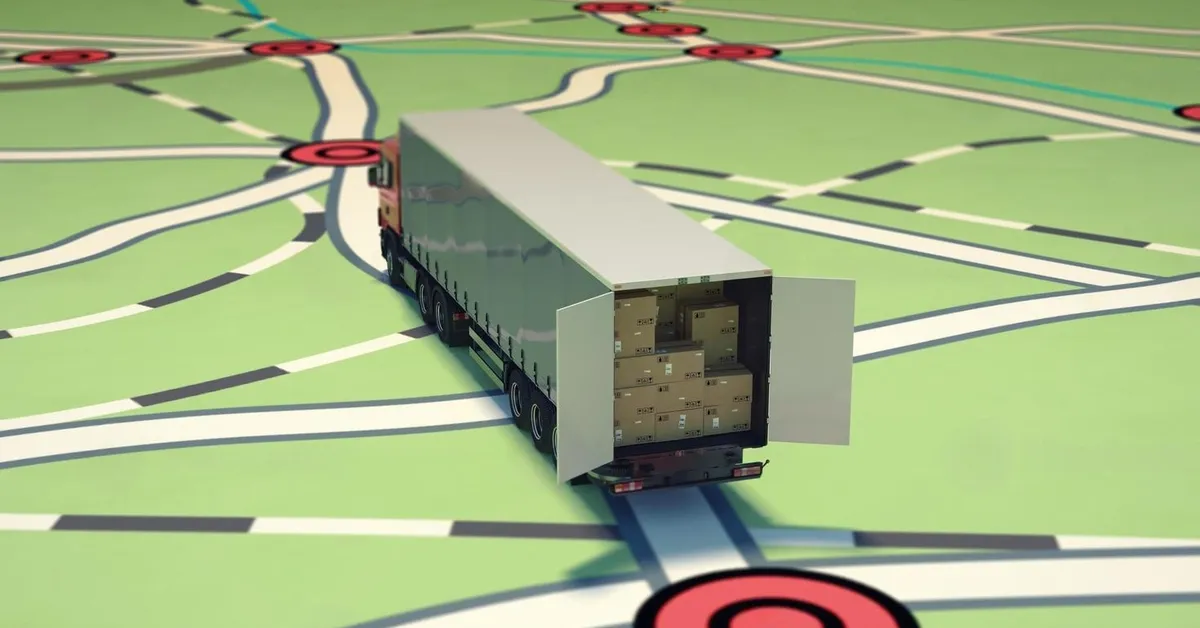
Best Practices for Box Truck Dispatching: Ensuring Timely Deliveries
Table of Contents
The efficient operation of box trucks is crucial in the constantly changing world of logistics to guarantee the prompt delivery of goods to their designated locations. Box trucks are the workhorses of last-mile delivery because of their adaptability and capacity to move through crowded urban areas. However, in this fast-paced industry, attaining on-time deliveries necessitates thorough planning, strategic dispatching, and adherence to best practices. In this thorough article, we’ll go over the essential tips and tricks for succeeding at box truck dispatching and reliably making deliveries on time.
The Role of Box Truck Dispatching
It’s important to comprehend the critical function that box truck dispatching plays in the logistics chain before going into the best practices. The mainstay of the business, dispatchers are in charge of planning and directing the movement of box trucks. They are in charge of assigning loads, planning routes, interacting with drivers, and troubleshooting any unforeseen problems that might occur while the shipment is in transit.
Real-Time Tracking and Communication
Dispatchers can stay in regular contact with drivers thanks to GPS technology and sophisticated communication tools available to them in today’s digital age. This enables them to quickly respond to any unforeseen difficulties, including traffic delays or changes in delivery timetables, and to give rapid updates to drivers.
In order to function, the logistics sector depends on communication. Strong connections with carriers and shippers are necessary for dispatchers to build and maintain. Collaboration is encouraged and the smooth flow of information, from load booking to delivery confirmation, is ensured by open and clear lines of communication.
Managing Emergencies and Delays
There are always going to be delays and emergencies in the unpredictable world of logistics. Such circumstances, from breakdowns to unanticipated traffic bottlenecks, can be handled by experienced dispatchers. Their fast thinking and capacity for change are essential for reducing disruptions and guaranteeing on-time deliveries.
Adapting to Market Dynamics
The logistics sector undergoes ongoing change as a result of variables such shifting consumer needs, fluctuating fuel prices, and developing laws. In order to successfully navigate these volatile market conditions, dispatchers must continue to be flexible and adaptive.
Ensuring Compliance and Safety
Box truck dispatching places a strong emphasis on safety and compliance with the law. Dispatchers are essential in making sure that all aspects of the operation comply with the law. This involves keeping an eye on driver availability, vehicle upkeep, and adherence to safety rules.
Training and Continuous Improvement
Dispatchers need to adopt a culture of continual improvement if they want to succeed in box truck dispatching. Continual training and seminars for professional growth assist dispatchers in staying current on industry standards and new technologies. High-performing dispatching teams are distinguished by their dedication to progress.
Delivering Excellence in Box Truck Dispatching
In conclusion, box truck dispatching is a diverse field that calls for a blend of technological know-how, strategic thinking, and effective communication. Dispatchers may guarantee on-time delivery, surpass customer expectations, and gain a competitive edge in the constantly changing logistics industry by putting the best practices highlighted in this guide into practice.
To learn more about how Reize Dispatch can help optimize your dispatching processes, visit our services page or contact us today.



